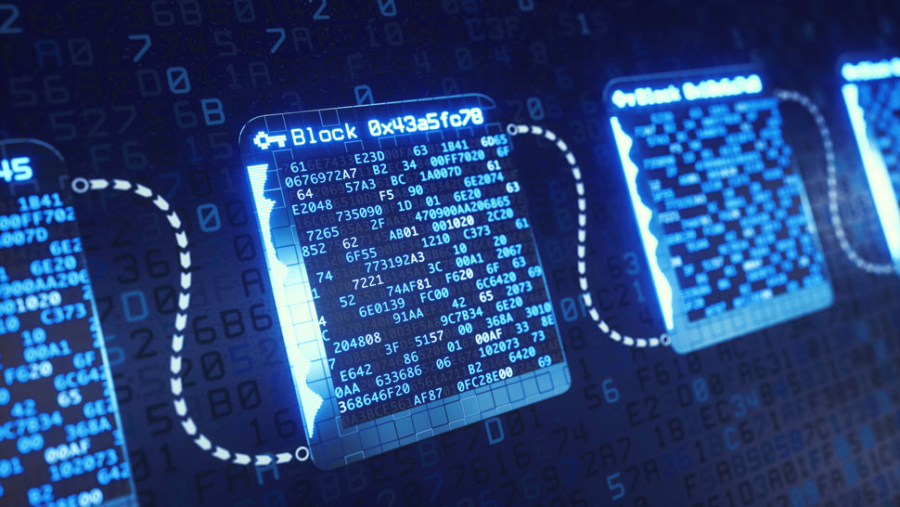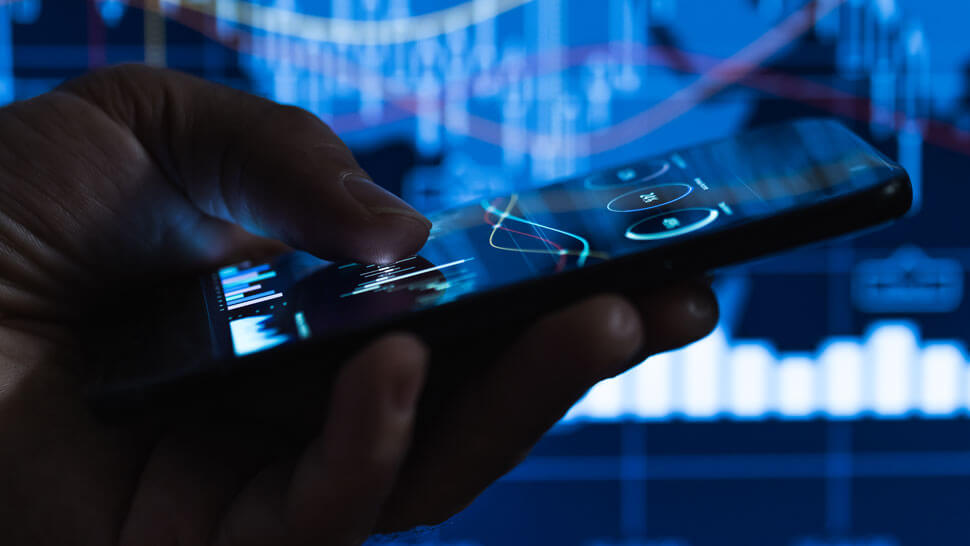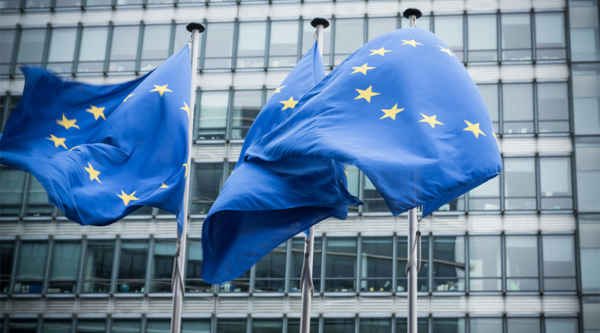

Crypto merchants
If you buy or sell anything, you will encounter blockchain sooner or later. Crypto merchants are emerging on the high street more and more, even if you don’t recognise them as such.
Payments are becoming frictionless; it’s almost an imperceptible and automated part of daily life as subscription models and micro payments grow.
The use of biometrics (facial recognition, fingerprint technology etc) is growing; you may access your banking via fingerprint or facial recognition for example, or use PayPal OneTouch® whereby you can pay with just one or two clicks when you’re on the go.
These developments mean that it is feasible that our society could become cashless and operate almost entirely on contactless and tokenisation via blockchain, whereby people pay with their smart watch or mobile phone.
As higher transaction volumes increase and people spend less and less per transaction, the economics of blockchain technology come into their own.
On the whole, it’s much cheaper to transfer payments via blockchain, so it’s favourable for the merchant and the customer as it’s much cheaper, even if you are only being paid 90p for a cup of tea on a mobile phone. You won’t be paying the credit card company or the merchant acquirer a chunky fee for processing the payment for you as the trading merchant and the fees to the wallet service provider to process the transfer are much smaller.
What are the benefits of using blockchain technology?
It is cost effective – on the whole transferring digital assets (such as cryptocurrency or cryptoassets) from wallet to wallet on the blockchain is significantly cheaper than traditional payment transfer costs. That’s why it has such potential in financial services and, if approved, as national or central bank digital currencies.
Contact our Technology sector team now.
Its instantaneous nature cuts out the middle man, because the assets transfer directly peer to peer, and on public blockchains, where you need no permission to access them, all transfers/change of hands transactions are visible.
It can be argued that it is more secure than relying on a bank or financial institution, which could be hacked more readily than a secure blockchain. It cannot be deleted, tampered with or amended. Once a block is created, it’s there forever.
What about the risks and how is it regulated?
All technology is vulnerable to being used for criminal purposes, as well as legitimate business purposes. However, that’s no different to using physical assets like fiat currency, gold, diamonds. When was the last time you came across a £50 note? Yet there are currently 330m £50 notes in circulation, with a combined value of £16.5bn, the Bank of England has said.
There is also an argument that blockchain technology can, in fact, be used for crime prevention; for example, it can be used to:
- trace ownership of digital assets as they are bought and sold or transferred from one person to another
- trace digital assets in the event of marital breakdown
- trace digital assets of deceased persons to pay outstanding tax and other liabilities
- satisfy proceeds of crime in the event the person entitled to the digital assets is subject to a worldwide freezing order or an asset seizure by authorities
- prove someone’s identity to help reduce identity fraud
- prove a person’s history/education/qualifications/medical history, again to prevent fraud/embellishment
- reduce tax evasion/fraud by monitoring what happens to global digital assets.
In terms of regulation, it depends very much what the business is doing, where it is doing it and for whom. It is extremely complex and needs to be reviewed on a case by case basis.

What does the future hold?
How will blockchain change how we do business and interact with one another day to day?
- Peer to peer payments – people are becoming more comfortable paying directly using existing technology such as PayPal® and ApplePay®. The use of blockchain could potentially displace traditional money transfer providers over time.
- Giving those without bank accounts access to transactions and giving identity to the socially excluded – there are many social benefits to using blockchain technology such as enabling billions of people around the globe to enter financial markets and make payments to one another. That’s partially the vision of Libra – https://libra.org/en-US/.
- Providing financial equality and opportunities to the less fortunate. This technology can be used to rebalance financial access difficulties faced by those marginalised in our society. Those who are in the benefits system may be forced to use payday loan providers and extortionately expensive credit card providers because they won’t ever have access to better rates/better credit rating/normal banking and financial market offerings.
- Tokenisation – this is the transfer of physical assets to the digital world which can be used as a means of payment or transfer e.g. utility tokens. They open the door to whole new opportunities to pay one another in assets rather than in cash.
- Crypto assets – crypto assets or ‘digital assets’ allow diversification into multiple new asset classes. Investors can either participate directly or in some countries institutional investors (such as banks, pension funds etc) can now hold and have custody of crypto assets themselves. This is a huge step forward and opens up new asset classes to a much wider range of people.
Blockchain is maturing and we are only just seeing the emergence of the very early business uses for this revolutionary technology. It will take time for the market to mature but there are huge potential opportunities for businesses to benefit from the use of this technology.










